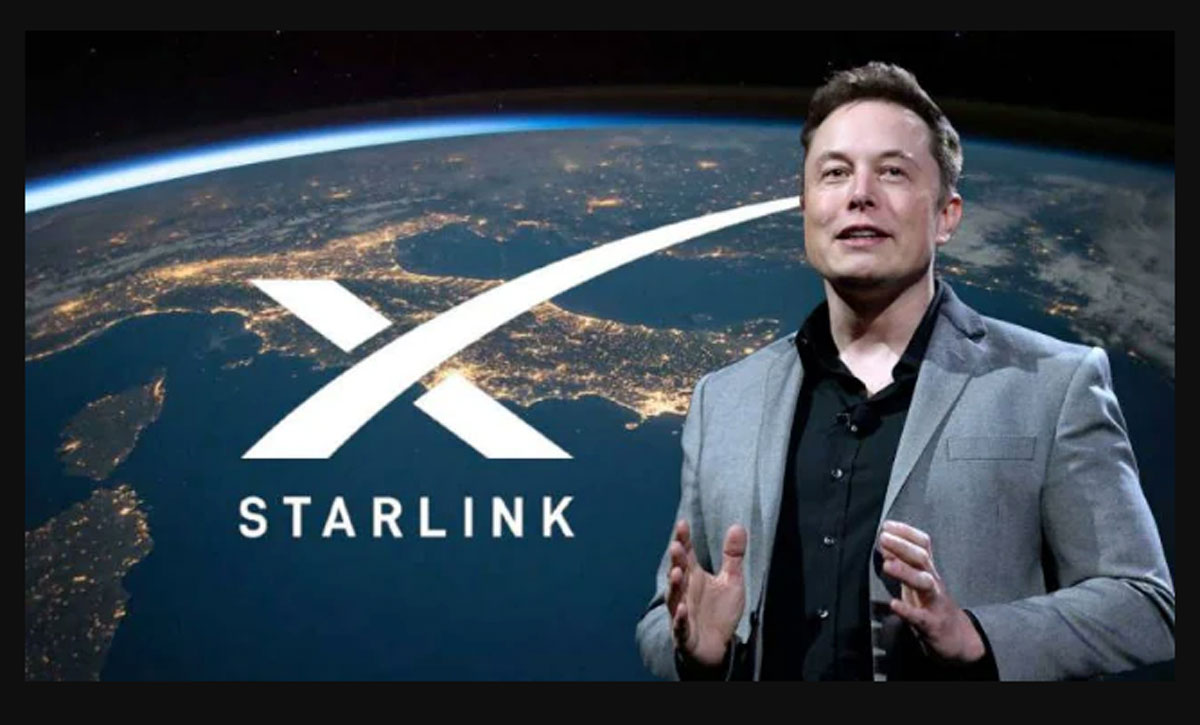OpenAI’s Funding and IPO Possibilities: A Deep Dive
OpenAI’s Funding History and Major Investors
OpenAI, the artificial intelligence research lab behind ChatGPT, DALL·E, and GPT-4, has secured billions in funding since its inception in 2015. Initially founded as a non-profit by Elon Musk, Sam Altman, Greg Brockman, and others, OpenAI transitioned to a “capped-profit” model in 2019 to attract venture capital while maintaining its mission of developing safe and beneficial AI.
Key Funding Rounds
- Initial Funding (2015-2018): Backed by Musk, Altman, and other tech luminaries, OpenAI raised early funding from private donors, including Peter Thiel and Reid Hoffman.
- Microsoft’s $1 Billion Investment (2019): Microsoft committed $1 billion to OpenAI, forming a strategic partnership to integrate AI into Azure.
- Additional Microsoft Investments (2021-2023): Reports suggest Microsoft invested an additional $10 billion in OpenAI, valuing the company at $29 billion in early 2023.
- Secondary Sales (2023): Thrive Capital and other investors purchased OpenAI shares in a tender offer, valuing the company at $86 billion—making it one of the most valuable private AI firms.
Major Investors and Stakeholders
- Microsoft: Holds a 49% stake in OpenAI’s for-profit subsidiary.
- Khosla Ventures, Reid Hoffman, and Peter Thiel: Early backers who remain influential.
- Thrive Capital and Sequoia Capital: Later-stage investors in secondary markets.
OpenAI’s Revenue Model and Financial Performance
Despite being a research-first organization, OpenAI has aggressively monetized its AI models.
Revenue Streams
- ChatGPT Plus ($20/month): A premium subscription offering faster responses and priority access.
- Enterprise API Access: Companies pay per API call for GPT-4, DALL·E, and other models.
- Microsoft Azure Integration: OpenAI’s models are available via Azure, generating cloud revenue for Microsoft.
- Custom AI Solutions: OpenAI partners with corporations like Morgan Stanley and Salesforce to deploy tailored AI solutions.
Estimated Revenue Growth
- 2022: ~$28 million
- 2023: ~$1.6 billion (projected)
- 2024: Potential to exceed $5 billion due to enterprise adoption
Will OpenAI Go Public? IPO Possibilities and Challenges
OpenAI’s capped-profit structure complicates traditional IPO prospects, but pressure from investors and employees may push it toward public markets.
Arguments for an OpenAI IPO
- Liquidity for Employees and Investors: Early employees and backers seek returns, and an IPO would unlock value.
- Capital for AI Development: Competing with Google (Gemini) and Anthropic requires massive funding.
- Market Demand: Investors are eager for AI stocks, as seen with Nvidia’s surge.
Arguments Against an OpenAI IPO
- Regulatory Scrutiny: AI companies face increasing government oversight (e.g., EU AI Act, U.S. AI regulations).
- Mission Alignment: OpenAI’s charter prioritizes safety over profits, which may conflict with shareholder demands.
- Microsoft’s Influence: Microsoft may prefer keeping OpenAI private to maintain control over AI integrations.
Alternative Paths to Liquidity
- Direct Listing or SPAC: Could bypass traditional IPO hurdles.
- Secondary Markets: Employees and investors already trade shares privately.
- Acquisition by Microsoft: Unlikely due to antitrust concerns but remains a speculative possibility.
Competitive Landscape and Market Positioning
OpenAI competes with:
- Anthropic (Claude AI): Backed by Google and Amazon, valued at $18 billion.
- Google DeepMind (Gemini): Combines DeepMind and Google Brain under one division.
- Meta (Llama 2): Open-source models challenge OpenAI’s proprietary dominance.
OpenAI’s Market Advantages
- First-mover advantage with ChatGPT.
- Strong Microsoft partnership ensures cloud and enterprise distribution.
- Leading research in reinforcement learning and multimodal AI.
Regulatory and Ethical Considerations
OpenAI’s IPO ambitions are tied to broader AI governance debates:
- EU AI Act: May classify GPT-4 as high-risk, requiring compliance.
- U.S. Executive Orders: Biden’s AI directives could impact commercialization.
- Ethical AI Concerns: Investors may demand transparency in AI safety measures.
Final Outlook: When Could OpenAI IPO?
While no official timeline exists, analysts speculate:
- 2025-2026: Most likely window if OpenAI stabilizes revenue and regulatory risks.
- Beyond 2030: Possible if the company prioritizes long-term research over public markets.
The decision hinges on balancing profitability with OpenAI’s founding mission—ensuring artificial general intelligence (AGI) benefits humanity.

